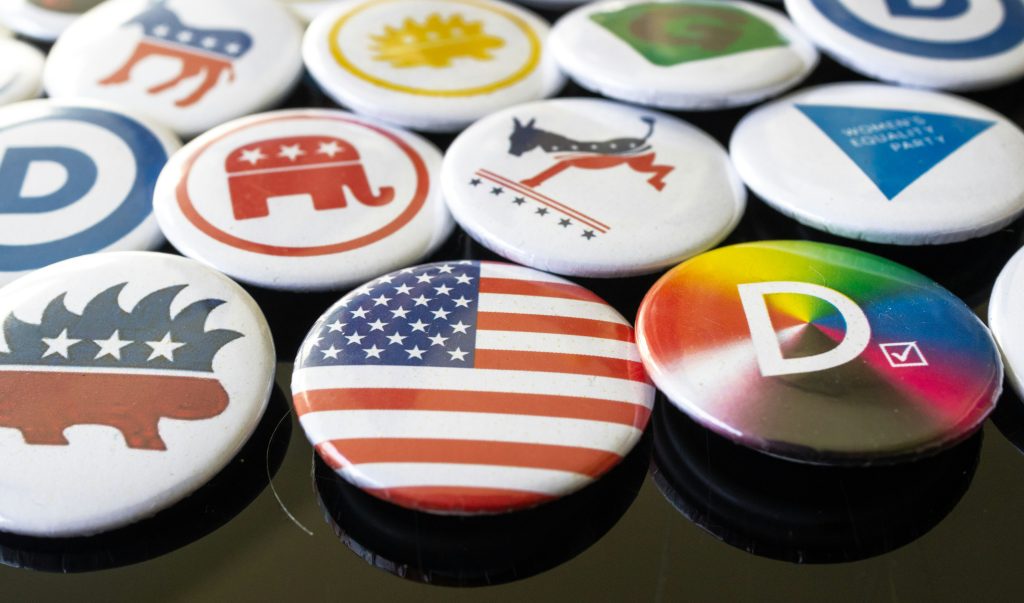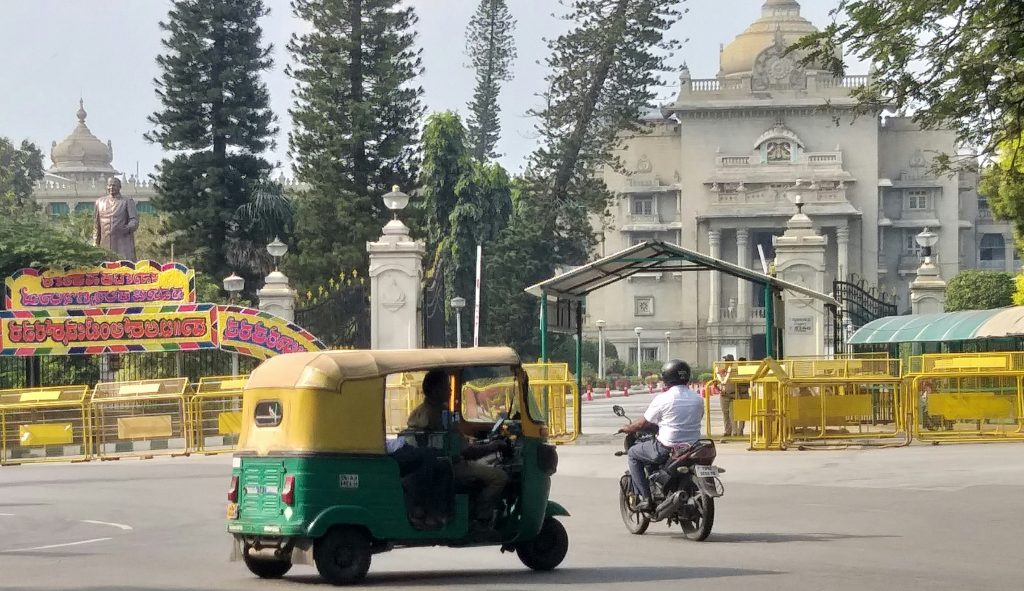Ilhan Omar Triumphs in Primary Election, Solidifying Her Position in Minnesota Politics
In a fiercely contested primary election on Tuesday, Representative Ilhan Omar emerged victorious, successfully defending her seat in Minnesota’s 5th Congressional District. Omar’s win is particularly significant as it comes amidst a turbulent political landscape for progressive lawmakers, several of whom have faced considerable challenges in recent primaries. Omar’s opponent, former Minneapolis City Council member Don Samuels, campaigned with a centrist approach, contrasting Omar’s progressive policies. Despite the heightened stakes, Omar’s race did not attract the same level of outside financial influence that has characterized other primaries for members of the so-called ‘Squad.’ This factor may have played a crucial role in her victory, allowing her to maintain a more grassroots campaign. Omar’s win not only secures her position but also signals a continued commitment from her constituents to progressive values in the face of increasing political polarization. As she prepares for the general election, Omar’s supporters express optimism about her ability to continue advocating for issues such as social justice, healthcare reform, and immigration rights. Her successful campaign strategy and the support from her community highlight the importance of local engagement in political contests. This victory reinforces the narrative of resilience among progressive candidates, particularly in areas where they have faced significant pushback. As the political landscape evolves, Omar’s role becomes increasingly vital, serving as a beacon for those who seek representation aligned with progressive ideals. Her journey reflects the broader narrative of the challenges and triumphs faced by women of color in politics, emphasizing the need for diversity and representation in legislative bodies. Looking ahead, the implications of this primary extend beyond Omar’s personal ambitions; they resonate with the broader fight for progressive change within the Democratic Party. As the nation watches, Omar’s leadership will undoubtedly continue to influence the dialogue surrounding equity and justice in American politics.
Tags: Ilhan Omar, Ilhan Omar primary, Minnesota, Primary Election, progressive politics
Ilhan Omar Faces Intense Primary Challenge Amid Rising Tensions
In a politically charged environment, Democratic U.S. Representative Ilhan Omar finds herself in a fierce battle for her political future as she approaches a pivotal primary election in Minnesota. Having narrowly escaped defeat two years ago, Omar’s current challenge comes from Don Samuels, a familiar opponent who nearly unseated her with a margin of just 2,500 votes. This election, however, is set against the backdrop of escalating tensions surrounding the Gaza conflict, which has sharply divided opinions among voters and fellow Democrats alike.
Omar, a prominent member of the progressive ‘Squad’, has consistently been a vocal advocate for various social justice issues, yet her unapologetic stance on foreign policy, particularly concerning Israel, has earned her both staunch support and fierce opposition. Pro-Israel donors have mobilized significant financial resources to back Samuels, highlighting the increasingly contentious nature of her campaign.
As the primary date approaches, many Democrats are watching closely, not just for the outcome but for what it signifies about the party’s internal dynamics. Omar’s close allies, who have also faced electoral challenges, serve as a cautionary tale for the congresswoman. The fear of losing further progressive voices in Congress looms large as Omar navigates this critical moment in her political career.
Voter sentiment is palpably affected by the recent developments in Gaza, prompting many to reevaluate their positions and candidates. Omar’s ability to resonate with her constituents amidst this turbulence will be key to her survival in the primaries. The election is not merely a reflection of Omar’s individual campaign but also a litmus test for the future direction of the Democratic Party and its commitment to progressive values.
As polling day draws closer, both Omar and Samuels are ramping up their campaigns, engaging with voters and addressing the pressing issues that matter most to their constituents. The race has become emblematic of the larger ideological battles within the Democratic Party, with Omar representing a more progressive wing that is increasingly at odds with centrist factions.
With so much at stake, the outcome of this primary could have lasting implications, not only for Omar’s future but for the broader spectrum of political representation within the Democratic Party. Voters are faced with a critical decision that could redefine their local and national political landscape. As they head to the polls, the question remains: will they choose to uphold the progressive mantle that Omar embodies, or will they opt for a shift towards more centrist views represented by her challenger? The results will undoubtedly resonate beyond Minnesota, providing insights into the party’s future direction as the nation approaches the next general elections.
Tags: Gaza Conflict, Ilhan Omar, Primary Challenge, progressive politics
Cori Bush Faces Defeat in High-Stakes Democratic Primary Race
In a significant political upset, U.S. Representative Cori Bush of Missouri has been defeated in the Democratic primary for the 1st District Congressional seat by St. Louis County Prosecutor Wesley Bell. This highly competitive race has drawn considerable attention, not only for its local implications but also for the broader national context of progressive politics within the Democratic Party.
Cori Bush, known for her progressive stance and as a prominent member of the so-called ‘squad,’ had captured the hearts of many voters with her strong advocacy for social justice and community issues. However, her bid for re-election was met with formidable opposition from Wesley Bell, whose campaign was significantly bolstered by substantial financial backing from pro-Israel groups. This outside spending played a crucial role in shaping the race, highlighting the increasing influence of external political action committees in local elections.
The primary contest was marked by a series of intense debates and advertisements, with both candidates presenting their visions for the future of the St. Louis area. While Bush focused on her achievements and progressive policies, Bell positioned himself as a pragmatic choice for voters seeking a change in leadership. The clash of these two distinct political philosophies resonated deeply with the electorate, culminating in a closely watched election.
Bell’s victory represents a notable shift in the Democratic landscape, particularly in a district that has been a stronghold for progressive candidates. His campaign’s success may signal a growing appetite among voters for more centrist candidates who can appeal to a broader base, especially in light of the challenges facing the Democratic Party in upcoming elections.
As the results rolled in, it became clear that Bell’s strategy of aligning with influential pro-Israel organizations had paid off, potentially setting a precedent for future candidates seeking to navigate the complex intersection of local and national politics. The defeat of Bush raises questions about the future of progressive representation in Congress and the role of money in politics, as well as the ongoing debate surrounding foreign policy issues that resonate with many voters.
For Bush, this loss is a significant setback, highlighting the vulnerabilities even progressive incumbents face in an evolving political environment. It serves as a reminder that electoral battles are not solely about ideology but also about the practicalities of campaigning and the importance of financial resources.
The implications of this primary extend beyond Missouri, as it reflects a broader trend within the Democratic Party, where the balance between progressive and moderate factions continues to be tested. As the party prepares for the upcoming general election, this primary outcome could influence candidate selection and campaign strategies across the nation.
In conclusion, Cori Bush’s defeat in the primary race against Wesley Bell underscores the complexities of modern electoral politics and the impact of external funding in shaping political narratives. As both candidates look ahead, the results of this election will likely resonate within the Democratic Party for years to come, prompting a reevaluation of strategies and priorities as they seek to unite their base in a divided political landscape.
Tags: Cori Bush, Cori Bush primary, Democratic primary, political funding, progressive politics, Wesley Bell


